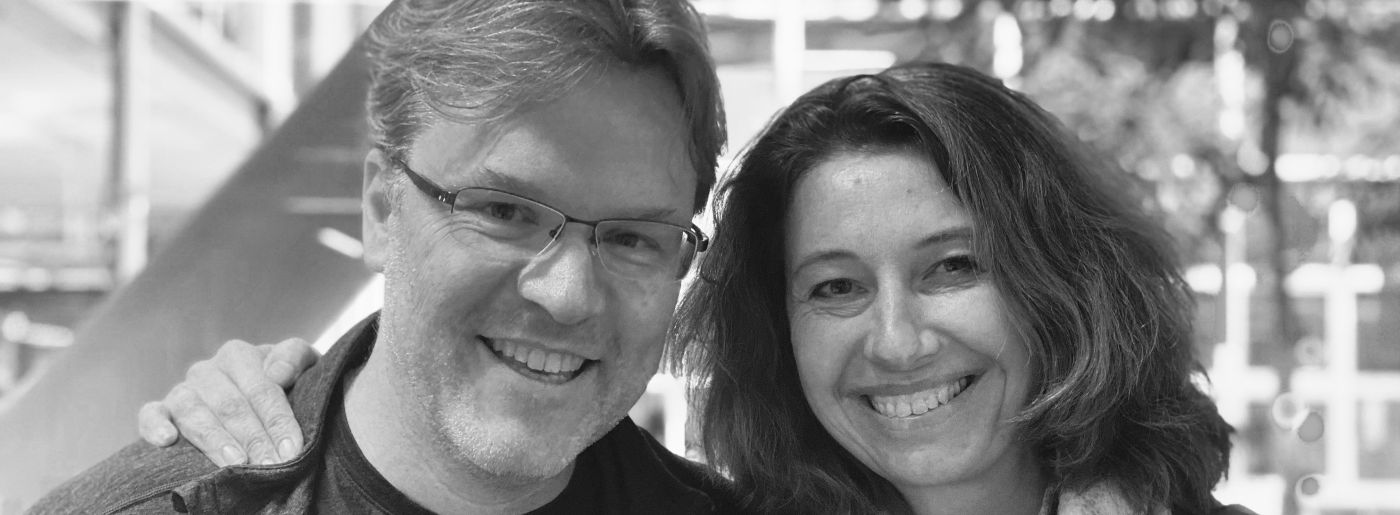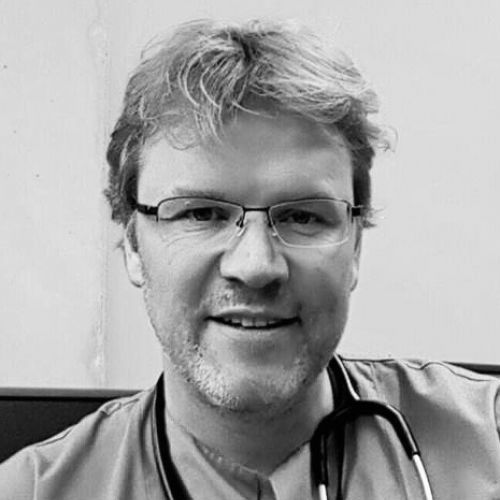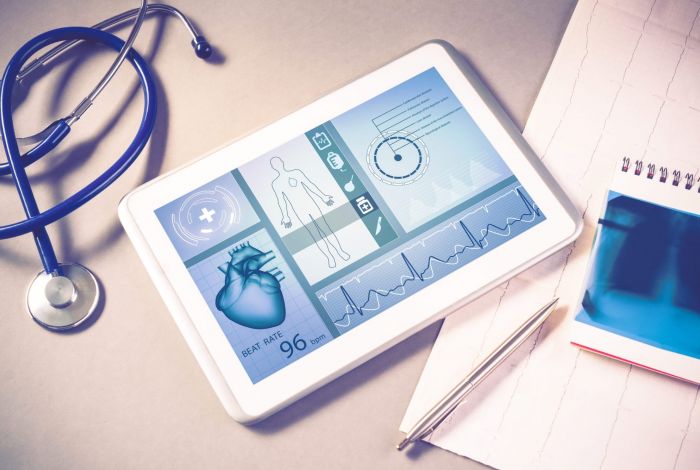Cardiology and Technology

How can genetic data be made available for safe sharing within health care, as it is unnecessary for everyone to reinvent the wheel on their own, and how can we reuse all data from our medical records in the best way possible? In this episode, Pål and Silvija discuss barriers that must be lowered for us to extract valuable information from all existing health data on a large scale.
Follow this link to listen to the podcast!
Learnings from the episode
- Genetics
- Heart diseases
- Big Data in health care
- Visualization of data
- GDPR
This article is from an episode of #Lørn, made in collaboration with LørnTech.
Quick Q and A with Pål
Title and company?
Senior Cardiologist and Researcher at OUH.
Education?
Cardiologist.
Who are you and how did you get into innovation and technology?
I have always loved technology and started programming databases in the early 90s. My interest in programming has persisted over the years. During this time, I have also worked on several IT-projects in health.
What is the most important thing you do at work?
The overarching goal is to become better at identifying patients at risk of sudden cardiac death. However, there are many structural, legal and practical things that needs to be in place before one gets to utilize technology in health.
What is your focus?
I have worked extensively with language technology. In essence, Machine Learning (ML) methods for interpreting and extracting parsable elements from text. We also try to create a suitable technical infrastructure for Big Data analyses at OUH and the entire health region.
Why do you find this exciting?
We utilize ultrasound and X-ray when we diagnose heart patients. Hence, it is quite obvious to me that there is more understanding of heart function and disease processes within imaging than what we are able to extract from manual analyses.
Your own, relevant projects over the last year?
We have done some interesting projects on Natural Language Processing (NLP) in regards to identifying family information in medical records, interpreting X-ray responses and identifying patients with syncope. Currently, we are working on “distant supervision” and on building an environment for clinical NLP.
BigMed has also been a stepping stone for the NordForsk project in collaboration with the national hospital of Denmark in Copenhagen, NTNU and others. In this project, we build better risk models for coronary artery disease through combining classic risk factors from medical records with genetics, the laboratory, imaging studies and more. From these data we plan to analyze cardiac ultrasound and angiography video from a large number of patients.
What do you think is relevant knowledge for the future?
It becomes increasingly important to understand research methodology, and more specifically, to identify the weaknesses and bias in clustered information. Big data analyses can be too simple, resulting in solutions that neither provide new knowledge nor understanding. Expand your knowledge base on ML technology, its strengths and weaknesses, in order to critically evaluate upcoming science.
What do we do uniquely well in Norway related to all of this?
Unfortunately, I am afraid we are not doing particularly well. We have (or have had) a fairly unique opportunity with relatively good registries and a unique social security number that (in theory) can follow people and patients over a long period of time. Nonetheless, research on large data sets has been largely prevented by an extremely conservative interpretation of privacy. The paradox is that the overwhelming majority of patients expect us to utilize the knowledge that we gain in treatment to become better and wiser in our professional field, but legislation, or at least the interpretation of it, has prevented us from doing so.
" ... research on large data sets has been largely prevented by an extremely conservative interpretation of privacy. "
Recommended literature / videos about your professional field?
- Artifical Intelligence (AI) articles by Bradley Erickson from the Mayo Clinic.
More specifically, the articles that are about medical imaging. - Deep medicine by Eric Topol (available in book- and audio format)
Food for Thought
How can analysis and access to large amounts of patient-data contribute to better diagnostics and treatment options?

Relevant Projects

Regulation of CDS Software
The amount of health data used in patients’ diagnosis or treatment is growing beyond a manageable level for individual clinicians. Clinical decision support (CDS) software can help to access and analyse these data and thereby assist

Risk Calculator for SCD
A risk calculator which aids in patient risk estimation for Sudden Cardiac Death (SCD) has been published by the European Association of Cardiology, and the BigMed cardiology work package has been tasked with automating and if possible

